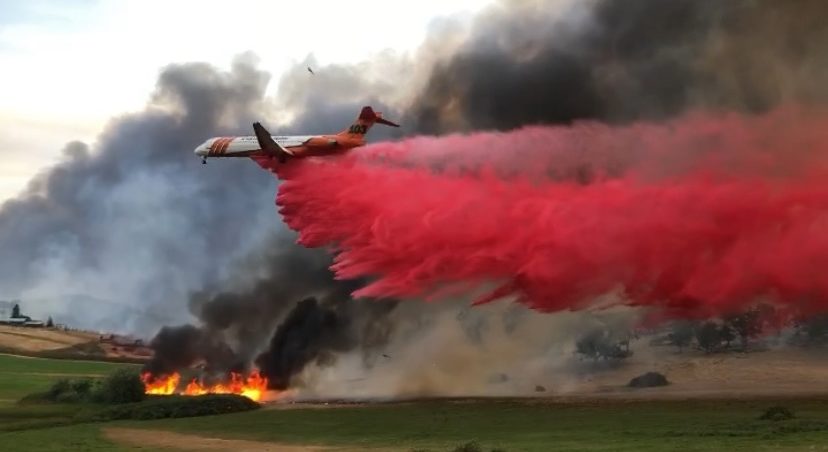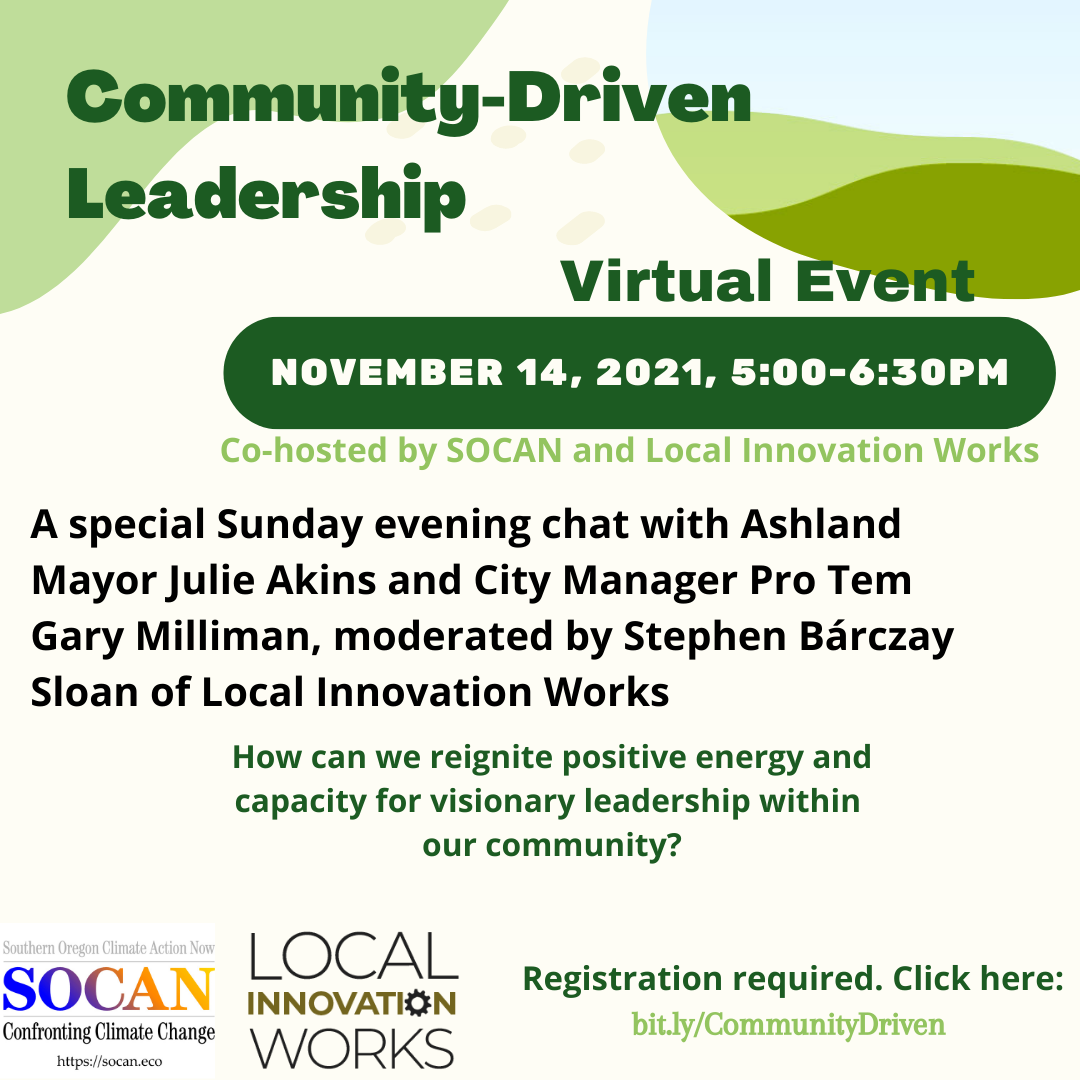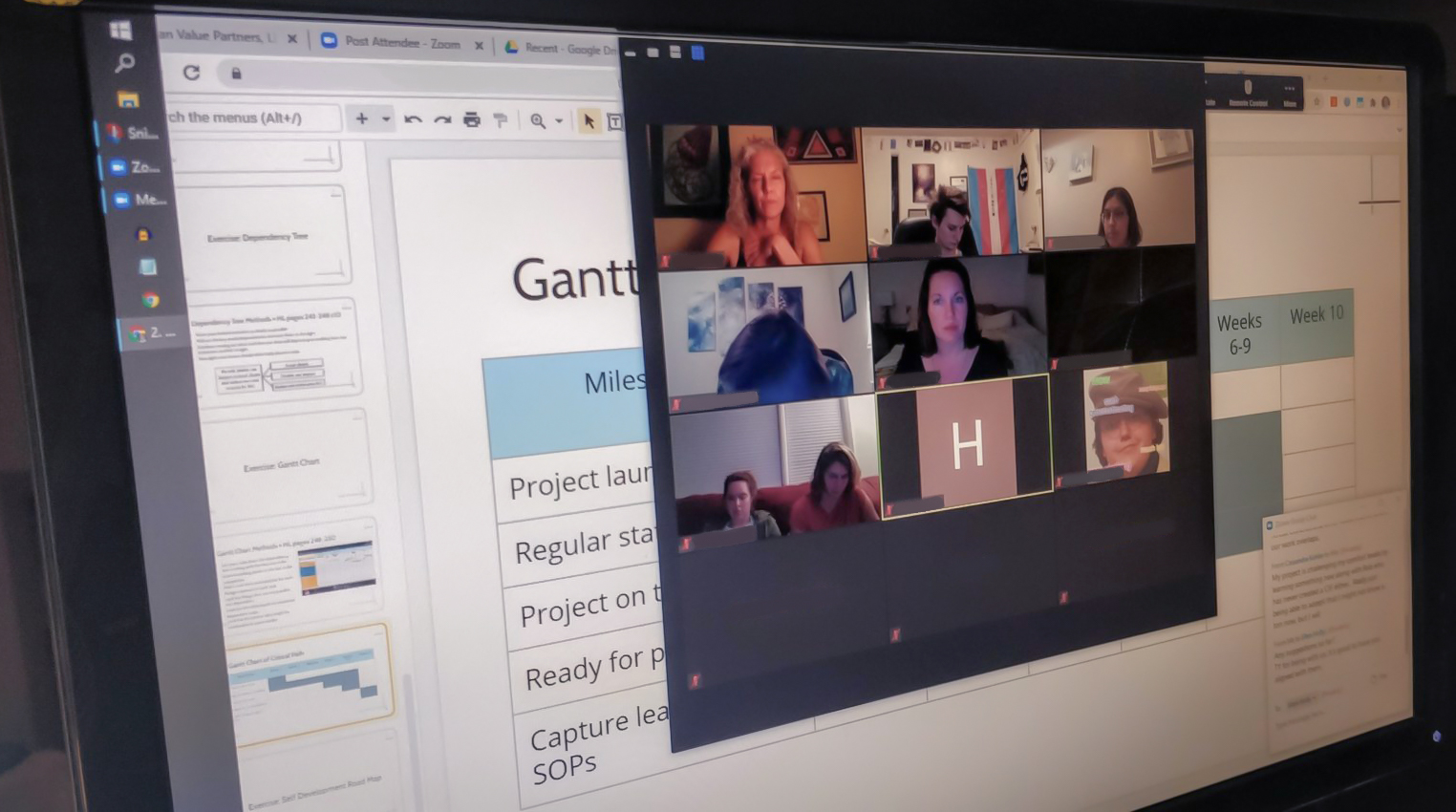
Update: this idea has taken flight and the DLAD program can be found here.
The Problems
- Disaster response has become a data-intensive endeavor requiring vast amounts of data, governance, security, and analysis
- Communities have not organized their digital leadership in such a way as to be able to quickly ramp up digital operations to meet the needs of other organizations active in disaster, at the national, state and local levels as well as the many community-based organizations active in disaster
- Survivors of disaster suffer from this lack of proper planning and coordination
- Disaster survivors should be asked for data one time and that data should be made available to all organizations they choose to involve in their recovery.
- Repeatedly collecting data re-traumatizes survivors and adds additional cost and delay to the process of recovery
- Fraud is a very real challenge after disaster and data can help mitigate the possibility of fraud
A Proposed Solution
- Create an active, standing DLAD (Dee-Lad or Digital Leaders Active in Disaster) before disaster strikes just as we create COADs and VOADs
- DLAD would be comprised of local professionals from organizations who are willing to invest some time before disaster and substantial time in the wake of disaster to build a team to lead the digital elements of recovery
- The skill sets required include
- Data architects – for needs assessment data structure design
- Data governance
- Inputs
- Validation
- Security
- ISA management
- Hardware, software, and database implementation management and support
- GIS data analysis and user experience design
- Analysts to support reporting and process modifications
- User experience, website, and app designers
- Government IT liaison to coordinate with and gain USA approvals/trust from FEMA and DoJ, SBA, USDA, state agencies, and local community organizations
- Design data structures to align with all reporting needs for federal, state and local as well as philanthropic stakeholders
- Quintiles for standard measures of income, education, wealth, etc?
- To map to census and other data sets
- Prior disaster best practices and learnings
- Pre map and pre collect status quo / baseline data that can be updated annually
- Age
- Ethnicity
- Household size
- Housing type & age
- Jurisdiction – with demo norms pre disaster to ensure representative sampling post disaster
- Income – formal and informal
- Community connections network mapping – relatives, friends, caregivers – web of people/orgs critical to your DLAs – trusted partners – daycare, medical, services
- Community activity quality data – how active and connected was the person within some distance rings – e.g. this person has active social connections within 100 feet, 500′, 1 km, 5 km, 25, 50, 100, 1,0000k m. This helps us understand how rich the social fabric was that has been disrupted and what type of social setting might allow the person to feel at home and supported post-disaster
- Design and build local data collection and governance tools to track survivors and their recovery.
- Design a phone-based app that would work alongside United Us or similar platforms to immediately collect data on disaster affected community members. This data would be owned and controlled by the community.
- Once the immediate response was over, the survivor data could be used to drive checklists to prepare for the FEMA application process, engaging with DCMs, etc. This data would have a release of information built in to the process so that survivors recovery is not limited by the data restrictions.
- This would require careful PII practices just as Rogue Hub and other platforms do.
- Organizations who may be able to contribute IT capacity
- County government
- Regional association of governments
- Healthcare systems
- Local technology firms
- Large local businesses
- Educational institutions
- Large nonprofits
- Individual consultants with specialized skills and experiences
- Build relationships, trust, shared vocabulary and tools before disaster strikes across local organizations
- Live into a shared commitment to stewarding the digital elements of recovery if and when disaster strikes
Where to Start
- One digital leader, ideally in local government, needs to share this idea with a few of his most talented digital associates across nonprofit and business sectors. I suggest 1:1 conversations to uncover interest and secure commitment to trying a few first steps. Work towards a soft yes from each participant.
- Gather a core team from the most willing and able people coming out of the initial set of 1:1 conversations. Work towards a consensus on what to try first and how. The key is to build social cohesion around a shared vision and get each member involved in moving at least one small task forward. Momentum and social commitment building is the key to this step.
- Build clarity and alignment with all the most visible and influential local leaders and organizations possible. Work to earn influence by doing uniquely relevant work that supports your mission and the goals of local leaders.
- Begin to network to state and federal disaster recovery leaders to become known as the DLAD for your area.





